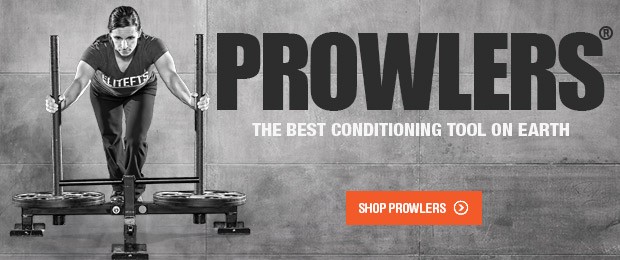
As a coach, we sometimes think about our ideal as one who just does what they're told, gets the work done, and doesn't say a peep.
"Just tell me what to do, and I'll do it!"
Sure, those clients are great. They generally just know they have to put in the work and the results will come. And even if that's you, I urge you to read on.
In reality, I love coaching clients who ask questions and have situations where life gets in the way. Because it is a reality. Nothing ever goes as planned. And sometimes the client has to learn how to manage the situation on their own.
In short... they have choices and decisions to make.
I can't be there to tell them exactly what to eat all the time. I can't knock the chicken wings out of their hands and pour the beer down the drain. Ultimately, their choices are in their hands.
Now, there is a popular opinion out there right now that says that too many food rules aren't good and it leads to anxiety, fear and stress about food and their body. I fully comprehend that. And that's why it's important, just like a training program, to understand the needs of the client and what they need (mentally and emotionally) from a coaching standpoint.
I'll say it again....
It's important to understand the needs of your client and what they need mentally and emotionally from a coaching standpoint.
However, if a client has a goal, it's important to guide them toward those goals. By telling them it's ok to continue to eat fast food, drink a few beers every night and give into their cookie craving because "depriving yourself is no way to live", you're not being a coach. You're patting them on the back and telling them it's ok to continue their habits.
I have a client who enjoys alcohol. After a stressful day at work, the feeling of coming home to a drink (or 3) is appealing. Social gatherings are challenging as he feels the need to drink as well.
We came up with some options to alternate every drink with a club soda or water. Sometimes it helped and sometimes it didn't. After a few weeks of trying this tactic, he said he just gets tired of club soda. And frankly, bars and restaurants don't have the really flavorful stuff that you can buy at the store.
"I like the taste of alcohol and I prefer the very flavorful water drinks."
Well, I like the taste of pizza, but eating it every night leads to clogged arteries, heart disease, and high blood pressure. So I CHOOSE better options.
You see, just because we prefer something doesn't mean it's the best choice. Just because you WANT a flavored water drink doesn't mean you HAVE to have it. Just because you get tired of drinking plain water, doesn't mean you shouldn't drink it.
Sometimes, you have to make a choice that doesn't feel good. Sometimes you have to suck it up.
The popular opinion of "balance" is fine.... if you're honest with yourself. I've talked about being honest with yourself many times. But if it comes down to a client who has a legitimate issue with eating cookies when stressed, I'm not going to tell them it's ok because they are being "balanced". Clearly they have gotten to the point of being overweight because they've been having "too much balance."
At some point, buttercup, you gotta make a choice. There are many ways to continue to make progress while still doing it in a healthy (physically and mentally) way. If giving yourself flexibility causes huge binges on the weekend, that's not good either. If giving yourself the ability to have 2oz of wine each night leads to that 2oz gradually becoming 6oz, then you're not being honest. If, when given an inch, you take a mile, and it's causing you more distress, anxiety and guilt, then that's not "balance."
Working through habits takes time.
Having real conversations with yourself is hard.
If you're someone with serious food disorder issues, seek professional help.
But if you're just making excuses, you're not being balanced. You're giving up on your goals. It may mean buckling down for a month or two before you bring a little "balance" back in.
If you need help with your nutritional habits, feel free to reach out. It's a process that takes time.
(And my client I talked about above... realized his habits and what was triggering them. Stress. He used an app called Metrilife. It's one I use with my clients to find correlations.)









